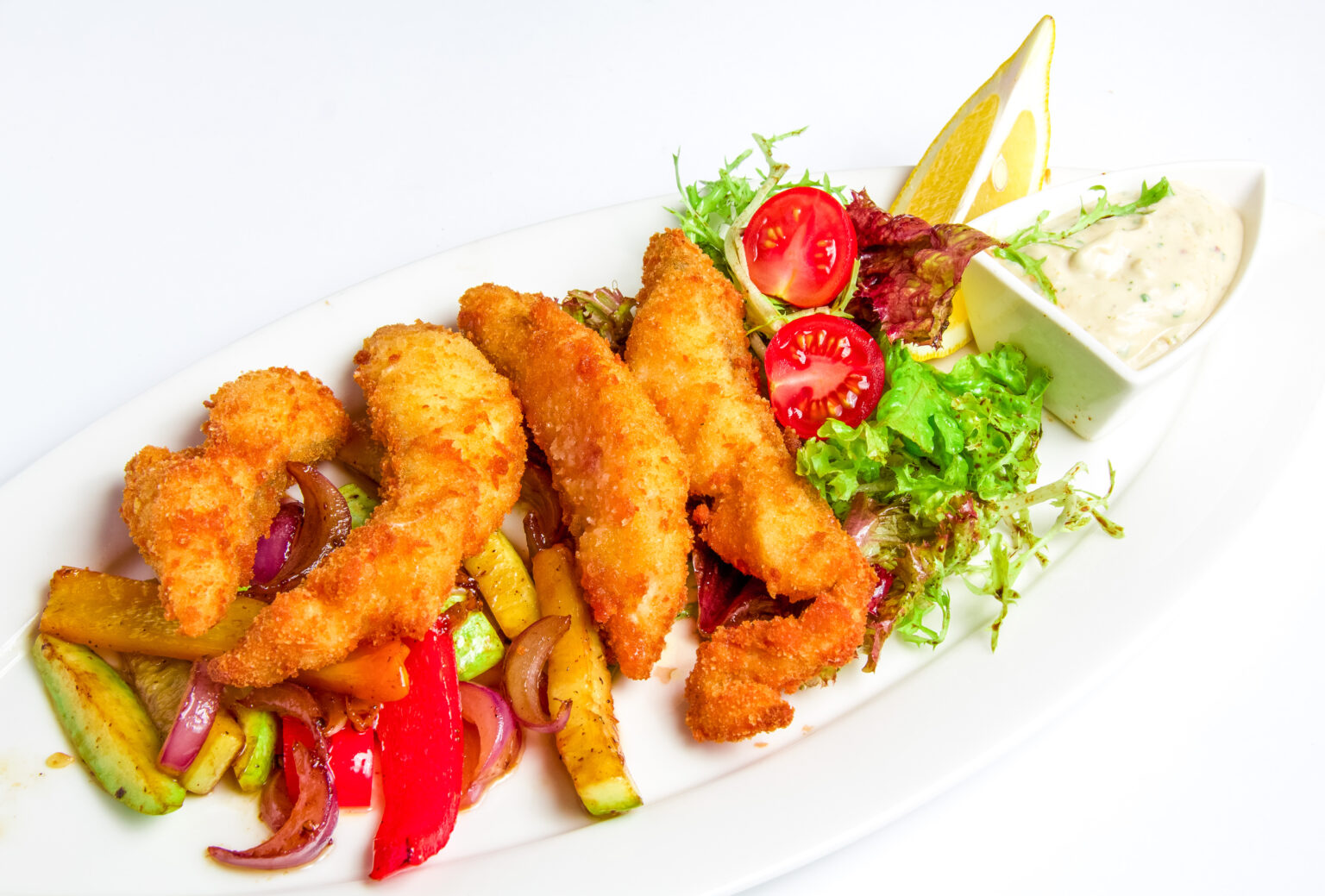Crustacean shellfish allergies are a common concern for many individuals. These allergies can cause severe reactions, ranging from mild symptoms like hives and itching to life-threatening anaphylaxis. Iodine, a mineral found in various foods and used in medical procedures, has often been associated with crustacean allergies. However, the relationship between crustacean shellfish allergies and iodine is a topic of debate. So, is the connection between crustacean allergies and iodine a myth or a reality?
Firstly, it’s important to understand the nature of crustacean shellfish allergies. Allergies to crustacean shellfish such as shrimp, lobster, crab, and crayfish are primarily triggered by specific proteins present in these seafoods. When individuals with these allergies consume or come into contact with crustacean shellfish proteins, their immune system identifies them as harmful and releases chemicals such as histamine, resulting in allergic symptoms.
Now, let’s explore the role of iodine in this context. Iodine is an essential mineral required for the proper functioning of the thyroid gland, which regulates metabolism and growth. It is naturally present in various foods, including seafood, dairy products, and iodized salt. Iodine is also used as a disinfectant in medical settings, such as during surgeries and other invasive procedures.
The misconception surrounding crustacean shellfish allergies and iodine arises from the fact that both iodine and crustacean shellfish are often found together. However, it is important to note that iodine is not an allergen itself. Allergic reactions occur when the immune system reacts to specific proteins, not to iodine. In fact, the proteins found in crustacean shellfish that trigger allergies are entirely different from the proteins found in iodine.
Individuals with a history of crustacean shellfish allergies do not need to avoid iodine in their diet or worry about iodine-containing medical procedures. The American Academy of Allergy, Asthma & Immunology (AAAAI) and the American College of Allergy, Asthma & Immunology (ACAAI) have confirmed that iodine is not a concern for those with shellfish allergies. They state that individuals can safely undergo medical procedures involving iodine-based contrast agents or receive iodine-containing medications, as long as they do not have a specific iodine allergy.
It’s important to note that there is a separate condition called iodine allergy, which is rare. True iodine allergies can cause allergic reactions, but they are distinct from crustacean shellfish allergies. If someone suspects an iodine allergy, it is crucial to consult an allergist for proper evaluation and diagnosis.
The connection between crustacean shellfish allergies and iodine is a myth. Iodine itself is not an allergen and does not cause allergic reactions in individuals with crustacean shellfish allergies. While the presence of iodine in certain foods or medical procedures may initially raise concerns, it is essential to differentiate between the proteins that trigger shellfish allergies and the mineral iodine. If you have a known allergy to crustacean shellfish, you can safely consume foods containing iodine and undergo medical procedures involving iodine-based products without fear of an allergic reaction.








